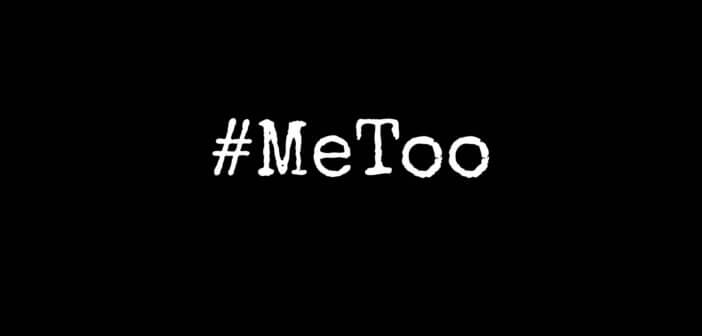The #MeToo movement has been a wakeup call regarding the pervasiveness of sexual harassment and misconduct in virtually every sector of society, including the church. The United Methodist Commission on the Status and Role of Women has outlined ways that a congregation can respond to victims and help prevent further abuse.
The #MeToo movement has been spiritually powerful because of the overwhelming number of personal testimonies from those who have been on the receiving end of sexual misconduct. Moreover, an overwhelming and shameful number of stories of misconduct have taken place within the realm of the church. These witnesses do not allow us as the hearers, as the community of faith, to forget the human cost of the sin of sexual misconduct.
How can your congregation or local ministry respond to this #MeToo moment?
1. Refuse to be a silent bystander.
When you hear or see someone say or do something that could be harassment, intervene! How are we holding one another accountable for behavior?
2. Cultivate a culture of respect.
Respect and affirm women and men in such a way that they know they will be believed if they choose to confide their experiences. One way to practice and cultivate a culture of respect and affirmation is by supporting women called to ministry.
3. Listen.
The simplest and most profound act of Christian response is this: listening to those who have suffered. By listening to stories, we can learn. And by learning, perhaps we as local church communities can take proactive steps to prevent more abuse from happening and to help survivors find true healing in Christ. As one victim disclosed, “My church helped me to see how God sees me and who I am, instead of who I am not.”
4. Offer professional counseling services for victims.
In addition to church-related resources, be aware of community resources, especially sexual assault or rape crisis counselors.
5. Provide education on the complaint process.
Insist on education about the policy and process for filing a formal complaint of sexual misconduct within your church or denomination and regarding your state’s laws. Make it an agenda item at the next meeting of your church board or pastor relations committee. Make sure the committee is trained in the policy and complaint process.
6. Talk about it.
Have conversation in small group settings (including the youth) and speak from the pulpit regarding sexual harassment. Offer studies for those who have been abused, even years ago.
7. Institute a prevention program.
Institute a prevention program at your seminary or campus ministry. Require sexual ethics and boundary training for pastors, staff, and leaders. Institute necessary child-protection policies.
This material is adapted from the #MeToo Toolkit: Resources for a Faithful Response developed by the General Commission on the Status and Role of Women of the United Methodist Church. Used by permission.
Related Resources
- Understanding Clergy Sexual Ethics, an online continuing education course from the Lewis Center that creates awareness of what constitutes misconduct, how it arises, and how to prevent it.
- Maintaining Boundaries in a Digital Age, an online continuing education course from the Lewis Center that explores clergy ethics in an era of instantaneous, electronic communication.
- To the Point: Why Women Are Clergy, a free resource from the Lewis Center






